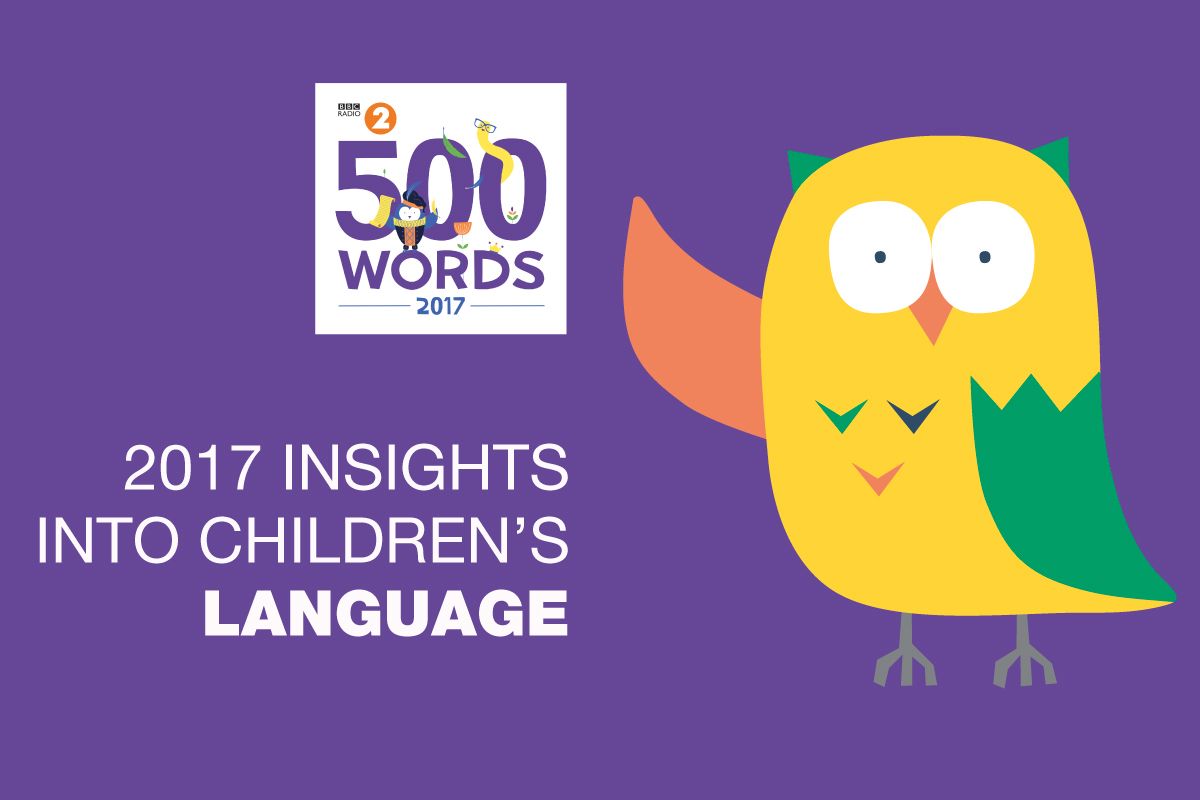
The first Oxford Language Report finds evidence of a significant word gap in UK schools, a problem which is holding back children’s learning and which teachers believe is getting worse. Here Jane Harley, Strategy Director ED-UK at Oxford University Press, gives some background to the report and explains why closing the word gap matters. Why […]
Read more